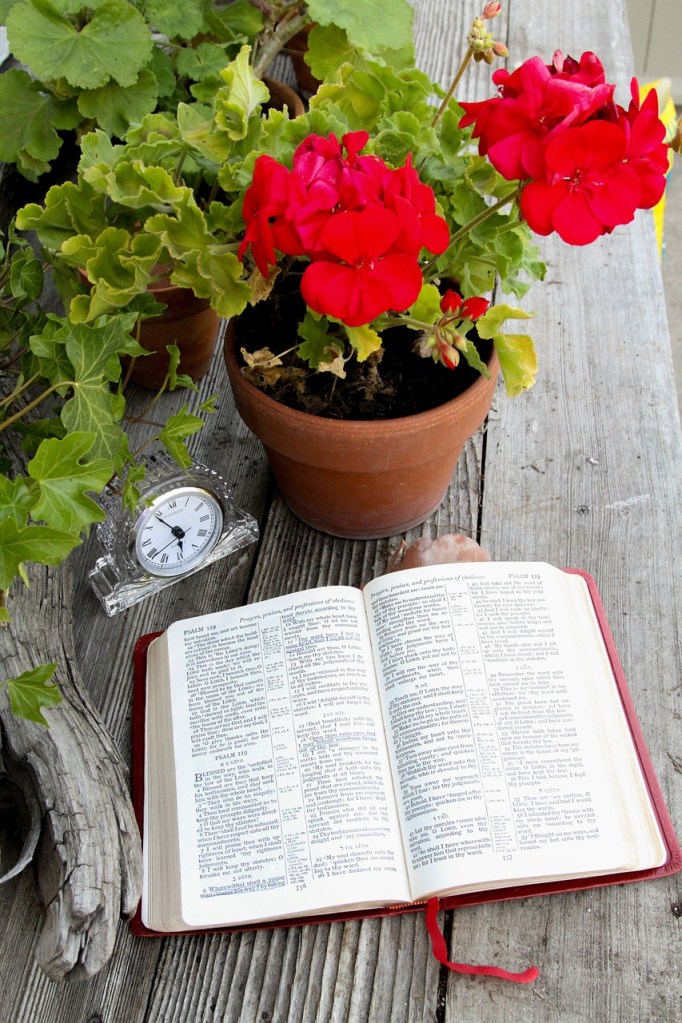Day 172. Reading 1 Kings 10 – 11 and 2 Chronicles 9
1 Kings 10-11.
The queen of Sheba.
She heard about Solomon’s wisdom from far off Sheba (modern Ethiopia or Yemen), and came to “TEST him with hard questions.
Solomon ANSWERED all her questions. There was nothing he could not explain to her. Wow.
“And when the queen of Sheba had seen all the wisdom of Solomon, the house that he had built, the food of his table, the seating of his officials, and the attendance of his servants, their clothing, his cupbearers, and the burnt offerings he offered at the house of the LORD, there was no more breath in her.”
She said, “I did not believe the reports until I came and my own eyes had seen it. And behold, the half was not told me. Your wisdom and prosperity surpass the report.” “BLESSED be the LORD your God, who has delighted in you and set you on the throne of Israel.”
“And King Solomon gave to the queen of Sheba ALL that she desired, whatever she asked beside what was give her by the bounty of King Solomon.” And she went back home.
.
***** Before reading the rest of 10 and 11, Let’s read something that God said about any king that would reign over Israel, from Deuteronomy 17:14-20, and Deuteronomy 7:1-5
“You may indeed set a king over you, whom the LORD your God will choose.
- “He must not acquire many horses for himself or cause the people to return to Egypt to buy horses.
- “He shall not acquire many wives for himself, lest his heart turn away.
- “He shall not acquire for himself excessive silver and gold.
- (Foreign nations) “You shall not intermarry with them… for they would turn you away from following God to serve other Gods.
Sadly, we will see that Solomon disobeyed God in all four points (unlike King David, his father).
- 1 Kings 10:14-15, 21. “The weight of GOLD that came to Solomon in one year was 666 talents of gold (25 tons). Beside that which came from the explorers and from the business of merchants. And the king made silver as common in Jerusalem as stone.
- And Solomon gathered together chariots and horsemen. He had 1,400 chariots, 4,000 horses, and 12,000 horsemen. And Solomon’s import of horses was from Egypt….”
- 1 Kings 11:1-8. “Now King Solomon loved many foreign women besides the daughter of Pharaoh: Moabite, Ammonite, Edomite, Sidonian, and Hittite women from the nations the LORD had said you should not marry. Solomon clung to these in love. He had 700 wives and 300 concubines.
- And his wives turned away his heart after other gods. His heart was not wholly true to the Lord his God, as was the heart of David his father. And Solomon went after Ashtoreth, Milcom, Chemosh, and Molech. He did what was EVIL in the sight of the LORD. He made offerings and sacrificed to these gods.
And (suitably!) the LORD was angry with Solomon.
He said to Solomon, “Since this has been your practice and you have not kept my covenant and my statutes, I will surely TEAR THE KINGDOM FROM YOU AND GIVE IT TO YOUR SERVANT.
Wow!
A servant, Jeroboam, was very industrious in Solomon’s building projects, and Solomon gave him charge over all the forced labor in the house of Joseph (Ephraim) One day, a prophet stopped Jeroboam in the open country, and prophesied that the LORD God of Israel was about to “tear the kingdom from the hand of Solomon and give ten tribes to Jeroboam.” (God would leave two tribes and Jerusalem in the line of David.) Jeroboam would be king over the Ten northern tribes of Israel.
Solomon got wind of this and sought to kill Jeroboam, but he fled to … yep, you got it… he fled to Egypt and was there until Solomon died. (Oh, what pagan worship he learned there!)
Solomon reigned over Israel forty years and died. He was buried in the city of David. Rehoboam, his son reigned in his place.
.
2 Chronicles 9.
This chapter basically covers what is in 1 Kings 10-11. It does mention another building wonder, that glorified Solomon, of course.
“The king also made a great ivory throne and overlaid it with pure gold. The throne had six steps and a footstool of gold, which were attached to the throne, and on each side of the seat were armrests and two lions standing beside the armrests, while twelve lions stood there, one on each end of the step on the six steps. NOTHING like it was ever made for any kingdom. Thus King Solomon excelled all the kings of the earth in riches and in wisdom.
.
And he died, just like he said everybody would, in his words of Ecclesiastes.
.
( O, LORD, we are all sinners. Solomon sinned in disobedience, and so do we. He did not wholly follow and love You, and often we do not also. Please take my heart and make it totally yours. Man I seek Your glory only and not my own. And I may I use the gifts you give me for your glory alone. You are worthy!)


